As we look ahead to the 228th Merseyside derby, Jeff Goulding looks back much earlier, for Ronnie Moran’s first outing against Everton in 1955.
It’s back to the mid-1950s we go for our latest classic match feature and to what would have been a rare treat for the red half of Merseyside. It was also a first derby-day outing for a 20-year-old Ronnie Moran. Bugsy, a young left-back, had signed as a professional for Liverpool in 1952. He would wait three years to line up against our neighbours and surely, even in his wildest dreams, he couldn’t have envisaged a more memorable baptism.
With the scars of war written in the rubble and craters all over the city and etched into the psyche of its citizens, both Liverpool’s teams found themselves in miserable form. The Reds had ended the 1954 season bottom of the First Division and were deservedly relegated. Everton, having spent three years in the second tier, had managed to clamber out after finishing runners up to Leicester City on goal difference.
In doing so they gleefully reclaimed the much-cherished bragging rights from their red rivals. Their bravado would prove short-lived though, and when the two sides were drawn together in the FA Cup fourth round the stage was set for Kopites to wreak their revenge.
Ronnie gave an interview to a newspaper in 1967, in which he vividly described the atmosphere surrounding the match. By then the Kop was renowned for its humour and song but, he recalls, back in ’55 things were very different. Neither side was doing well and though the crowds on Merseyside could be loud, there was little to differentiate them from other grounds around the country.
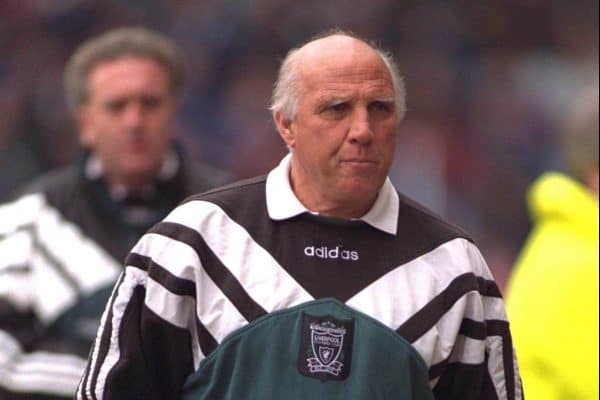
Ronnie comments that the fierce rivalry had dimmed in the 50s, but surely in the cup it must have been different. Everton had already won the famous trophy twice, in 1905/06 and 1932/33. Liverpool had never won it; a fact their rivals never tired of pointing out.
Certainly the absence of a derby game for three seasons must have cranked up the rivalry a few notches. Schools, factories and pubs around the city must have been alive with banter in the days leading up to the fixture. And so it was that on the the 29th January 1955, 73,000 Scousers crammed into the old ground on the wrong side of Stanley Park, to witness their heroes do battle.
Pathe News footage reveals the total absence of segregation and a crowd bereft of flags and banners. The stands around the pitch are rammed to bursting point and reds and blues are stood shoulder to shoulder. As the goals go in it seems that all sides of the ground are applauding.
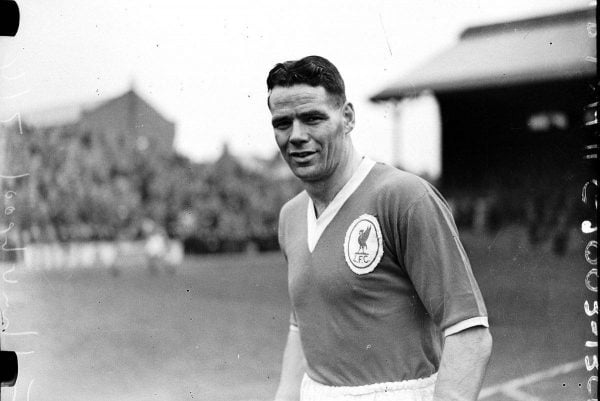
The players were certainly up for this one. Billy Liddell, who scored the first after just 18 minutes, recalls how he and his team-mates were almost sick and tired of the relentless preparations. Manager Don Welsh had made them work tirelessly on free-kicks, as he knew Everton‘s tactic was to catch teams offside from set-pieces. Their training ground efforts would pay off big-time.
As the half-hour mark approached, the Reds were a goal to the good and won a free-kick in Everton‘s half of the pitch. Liddell picks up the story.
“Alan A’Court, Jack Smith and myself lined up with the Everton defence on the penalty area, while John Evans stood in line with the player who took the free-kick,” he recounted.
“The referee blew his whistle and the ball was kicked and all the Everton players rushed out to play us offside, but we ran with them as Johnny Evans raced forward to meet the ball.”
The Blues’ defence were stunned as Evans, comfortably onside, squared it to A’Court to slot in the second. If you watch the footage, you will hear the plum accent of the commentator and see the crowds surge all around the ground. This was a game played in the spirit of friendly rivalry and sportsmanship off the pitch and, as Liddell himself recalls, on it too.
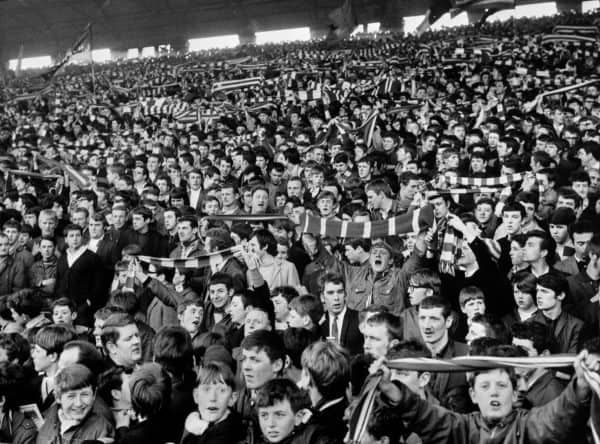
Liverpool didn’t have it all their own way though, and Everton twice had the ball in the net only to see their goals ruled out. Still the Liverpool Echo records that the Reds left the pitch at the interval deservedly in front and “to a storm of cheers from all parts of the ground.”
In the second half Johnny Evans took over and added a third on 57 minutes and the fourth on 75. Evans served the Reds for four years from 1953 to 57 and was a goal machine. Signed for the princely sum of £12,500 from Charlton Athletic, he managed a goals-to-games ratio of 2.02; scoring 53 times in 107 appearances.
Everton huffed and puffed, but there was no way back and the sound of Reds supporters chanting “we want five” would have been a rare moment of shadenfreude for Kopites in 1955. The game would end with excited journalist claiming Liverpool could go all the way to the final.
Sadly they would crash out at Anfield to Huddersfield Town in the 5th round, losing 2-0. They would endure another miserable season in the second tier also, finishing 11th. Don Welsh would become the first Liverpool manager to be sacked in 1956, after finishing third and missing out on promotion.
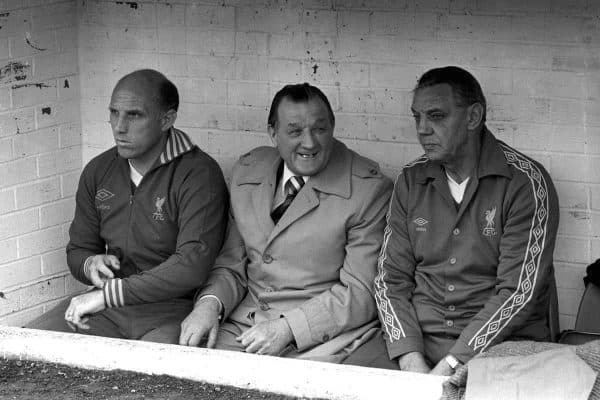
He would be succeeded by Phil Taylor, the man who recruited Reuben Bennett, Joe Fagan and Bob Paisley to the world famous boot room. Not a bad legacy. All three would be retained by Shankly who succeeded him in 1959.
The great Scot would quickly identify Liverpool’s inferiority complex when it came to their nearest rivals and set about taking it apart, piece by piece. The Blues have lived in our shadow ever since and a young 20-year-old left-back, who played in this classic encounter, would play a huge part in that.
Rest in peace Ronnie, YNWA.
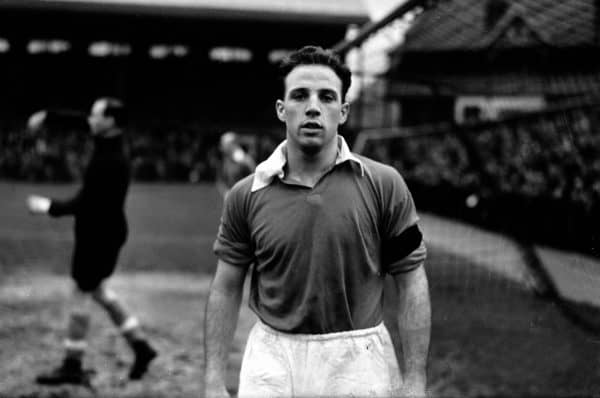



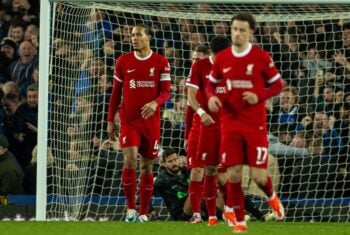

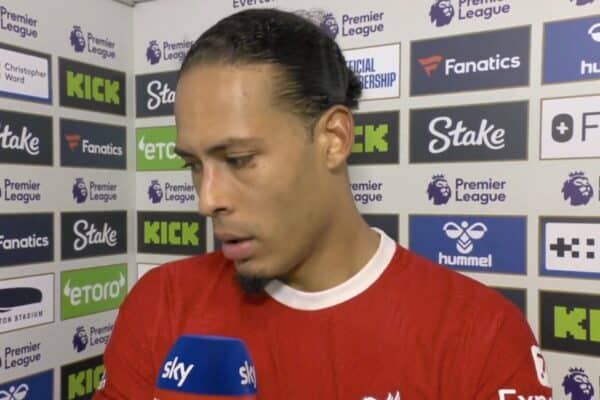
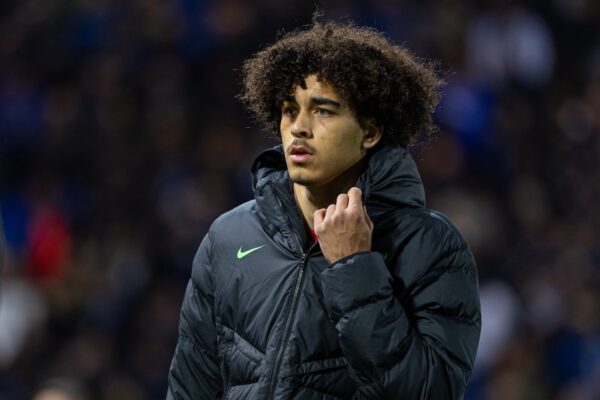
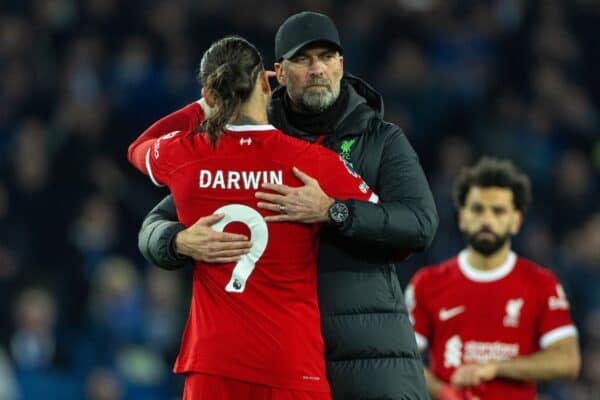
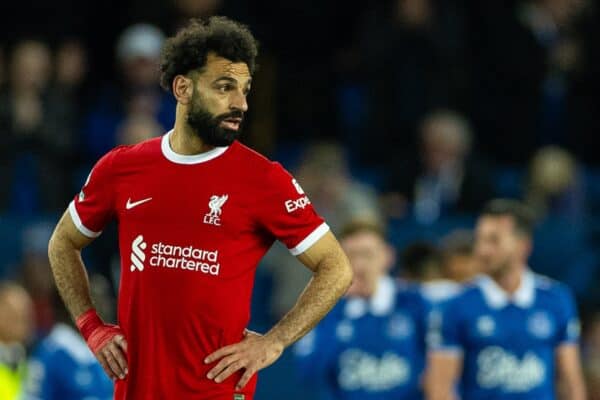
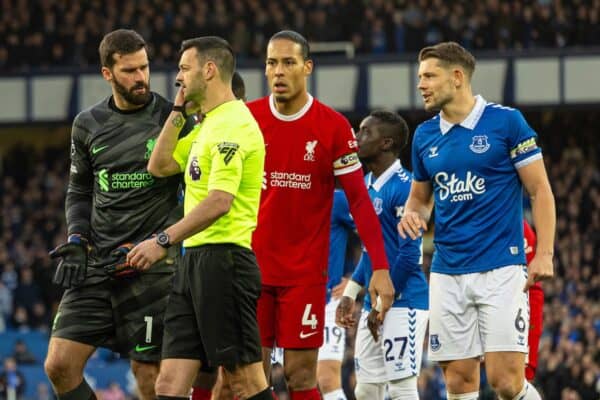
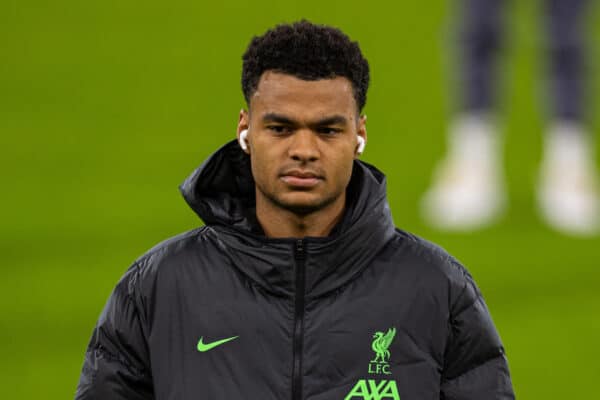
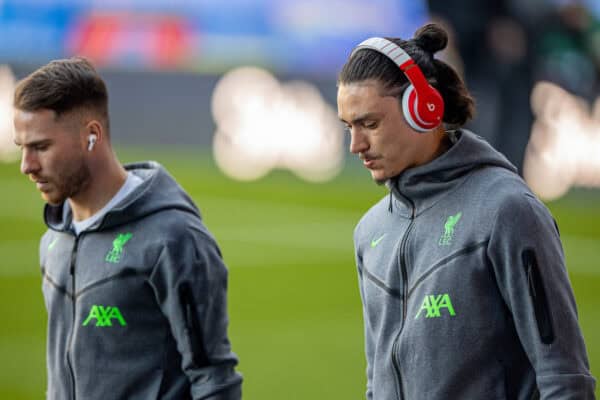
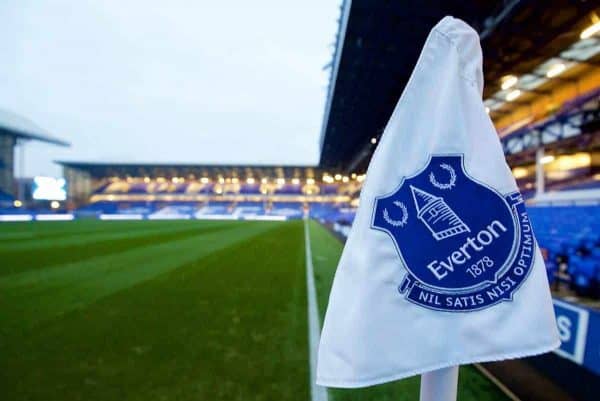



Fan Comments